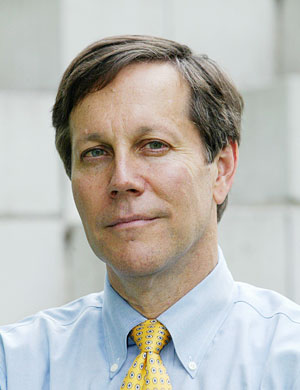Essays, Can Poetry Matter? (1991)
Dana Gioia: Zitate auf Englisch
“Old empires always appeal to modern poets more than new ones.”
"The Rise of James Fenton," http://www.danagioia.net/essays/efenton.htm published in The Dark Horse (Autumn 1999 and Summer 2000)
Essays
29
Essays, Can Poetry Matter? (1991), The Catholic Writer Today (2013)
Essays, Can Poetry Matter? (1991), The Catholic Writer Today (2013)
Essays, Can Poetry Matter? (1991), The Catholic Writer Today (2013)
Essays, Can Poetry Matter? (1991)
“We are not as we were. Death has been our pentecost.”
"Pentecost"
Poetry, Interrogations at Noon (2001)
9-10
Essays, Can Poetry Matter? (1991), Poetry as Enchantment (2015)
Essays, Can Poetry Matter? (1991)
"A California Requiem"
Poetry, Interrogations at Noon (2001)
24
Essays, Can Poetry Matter? (1991), Poetry as Enchantment (2015)
“To speak from a particular place and time is not provincialism but part of a writer’s identity.”
"Being a California Poet" http://www.danagioia.net/essays/ecalifornia.htm (1999) , from My California: Journeys by Great Writers, ed. Donna Wares (2004)
Essays
26
Essays, Can Poetry Matter? (1991), The Catholic Writer Today (2013)
“It is time to renovate and reoccupy our own tradition”
35
Essays, Can Poetry Matter? (1991), The Catholic Writer Today (2013)
"Lonely Impulse of Delight: One Reader's Childhood," http://www.danagioia.net/essays/elonely.htm The Southern Review (Winter 2005)
Essays
10
Essays, Can Poetry Matter? (1991), The Catholic Writer Today (2013)
"Paradigms Lost," interview with Gloria Brame, ELF: Eclectic Literary Forum (Spring 1995)
Interviews
"James Tate and American Surrealism," BBC Radio 3, published in Denver Quarterly (Fall 1998)
Essays
"Designing Literature: Creative Collaboration" http://www.danagioia.net/essays/ecreative.htm (1992)
Essays
Essays, Can Poetry Matter? (1991)
14
Essays, Can Poetry Matter? (1991), The Catholic Writer Today (2013)
"The Anonymity of the Regional Poet: Ted Kooser" http://www.danagioia.net/essays/ekooser.htm, from Can Poetry Matter? Essays on Poetry and American Culture (1992)
Essays
Essays, Can Poetry Matter? (1991), The Catholic Writer Today (2013)
"The Litany" http://www.danagioia.net/poems/litany.htm
Poetry, Interrogations at Noon (2001)
"Paradigms Lost," interview with Gloria Brame, ELF: Eclectic Literary Forum (Spring 1995)
Interviews
"Insomnia" http://www.danagioia.net/poems/insomnia.htm
Poetry, The Daily Horoscope (1986)
36
Essays, Can Poetry Matter? (1991), Poetry as Enchantment (2015)
“Teach us the names of what we have destroyed.”
"A California Requiem"
Poetry, Interrogations at Noon (2001)
Commencement speech, Stanford University (2007-06-17)
Speeches and lectures
